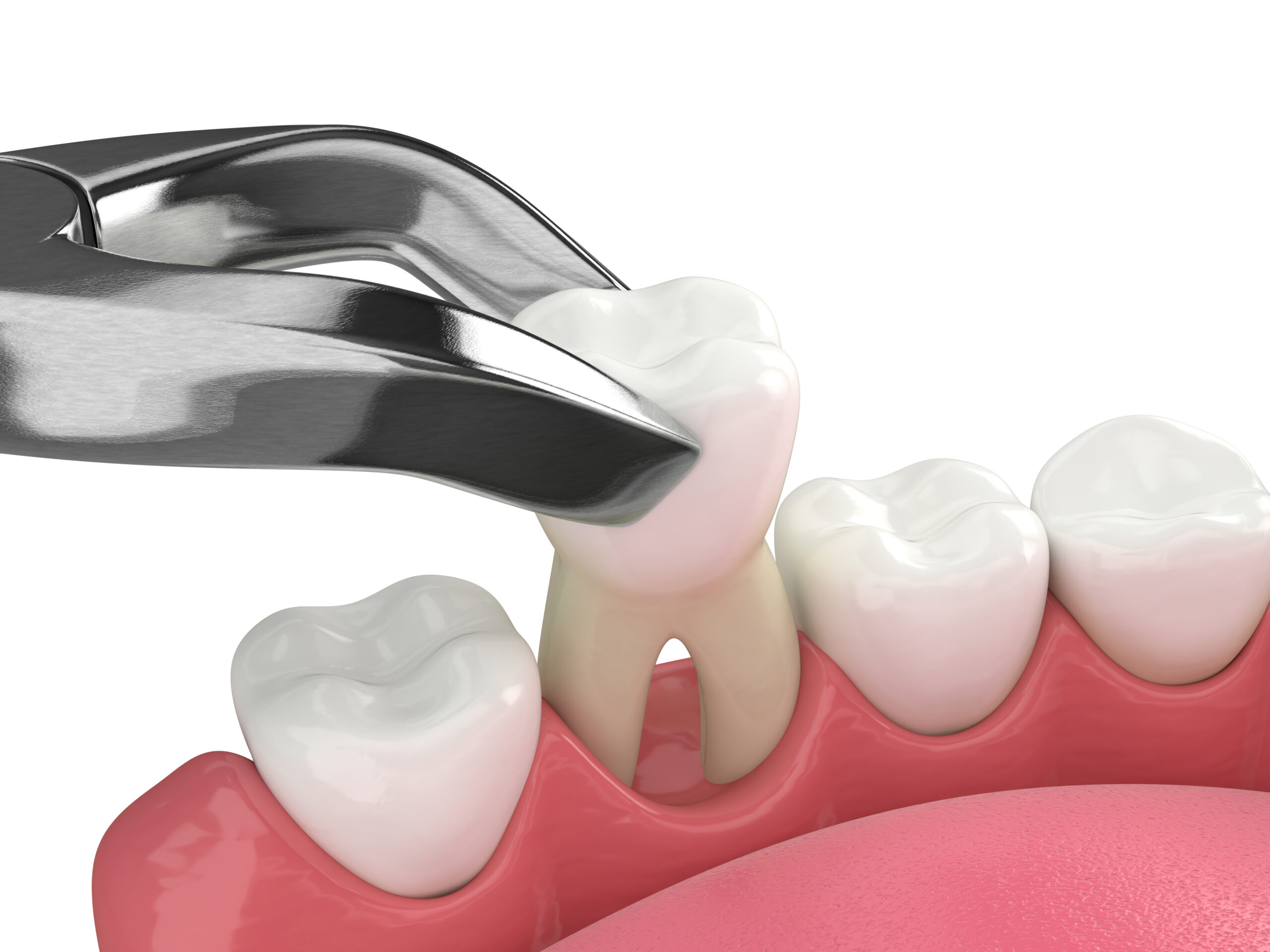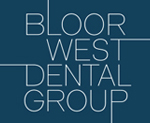Dental Extractions Near You
In some cases, tooth removal is the best option to restore your smile and stop more serious damage from happening. But with that said, it’s crucial to remember that dentists perform this treatment as a last restore; they’ll do everything they can to treat your natural tooth first.
If you need assistance with your smile, we are here to help you navigate the treatment process. Please give us a call to speak with one of our dentists near you.

Why Tooth Extraction is Necessary
You may be advised to undergo a dental extraction for the following reasons:
- Baby teeth that are having trouble falling out
- Overcrowding
- As a precursor to orthodontic treatment
- Infection
- Fractured tooth
- Impaction
If you’re experiencing tooth or jaw pain, swollen gums, or bleeding due to any of these issues, it’s important to visit a dentist in Toronto, ON right away. They’ll examine your smile and advise you on how to proceed.
Types of Extractions
Simple and surgical are the two main forms of tooth extraction. Simple extractions refer the removal of an ordinary tooth, one that is not obstructed by bone or tissue. As a result, additional measures are not needed to remove it from the socket.
In comparison, surgical extractions are more invasive, often requiring the tooth to be broken down into smaller pieces to remove it more easily. Wisdom teeth removal typically falls into this category because they do not fully erupt above the gums or are rubbing against another tooth.
At our practice, you’ll be given local anesthesia regardless of the type of extraction to help you stay calm. The medication also thoroughly numbs the area around the tooth, so you won’t feel anything while our dentist treats your smile.
What the Extraction Process Entails
Here is a general overview of what you can expect when you come to Bloor West:
- Consultation. One of our dentists will meet with you and carefully assess your smile and take x-rays to understand the details of your case. This information helps our team identify the most appropriate solution and if that entails tooth extraction.
- Anesthesia. Once you’re given the go-ahead for extraction, a local anesthesia injection is provided, so you can relax while our team works.
- Removal. The tooth is removed with forceps. If it’s obstructed by tissue and other debris, that will be cleared away before extraction. Our staff employs minimally invasive methods, so your experience is quick and gentle.
- Aftercare. Once the tooth is out, the site may be stitched closed or a piece of gauze is pressed against it to control any bleeding. But know that this is normal, and the bleeding will subside soon. We’ll provide you with specific aftercare instructions to follow at home; doing so will ensure your mouth heals properly.
If you have further questions or worries, let us know! We’ll schedule you for a follow-up session in a few weeks to assess how your smile is doing.
Visit Bloor West Dental Today
Are you or a loved one searching for a local dental practice that offers lasting, reliable restorative care? Whether you need a root canal, implants, or a dental extraction near you, we’ve got you covered! Email office@bloorwestdentalgroup.com to set up a consultation on a day that works best for you. Our experienced team is excited to help you care for your smile.
